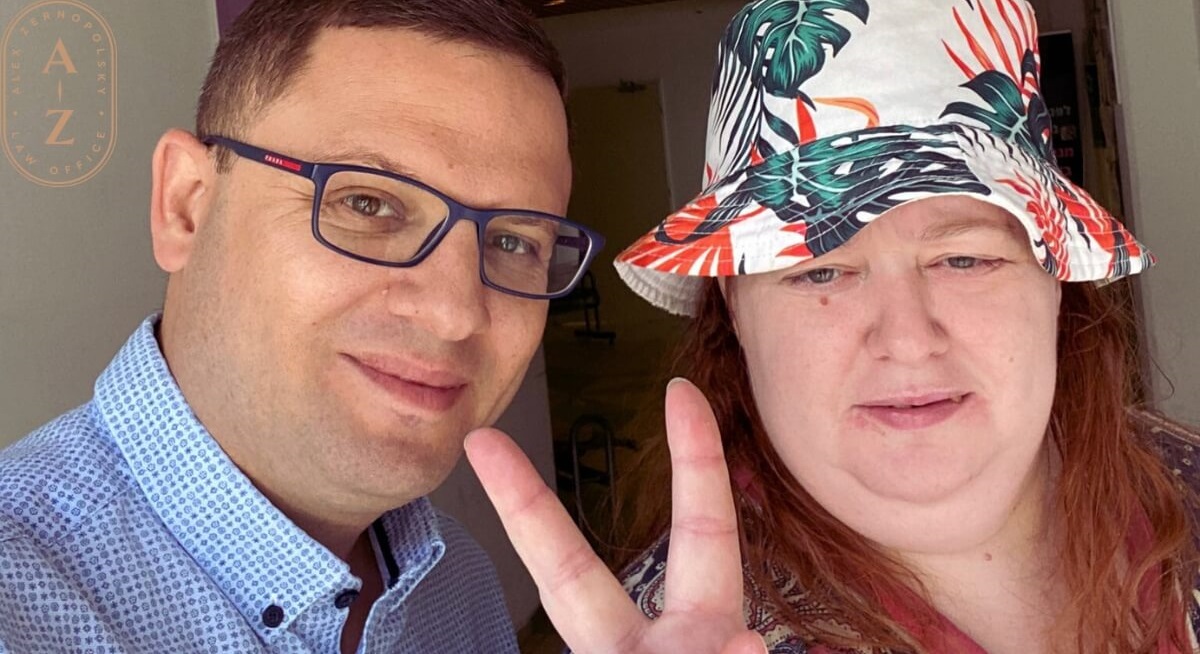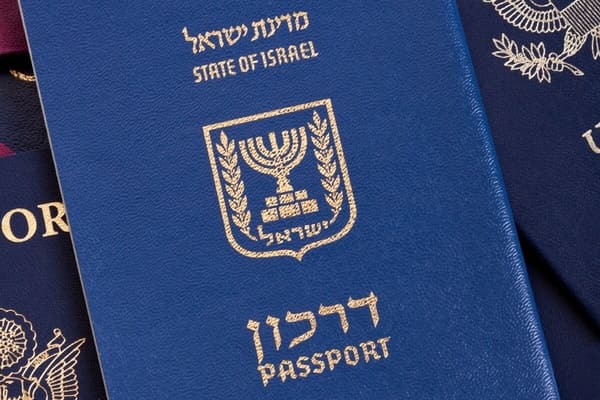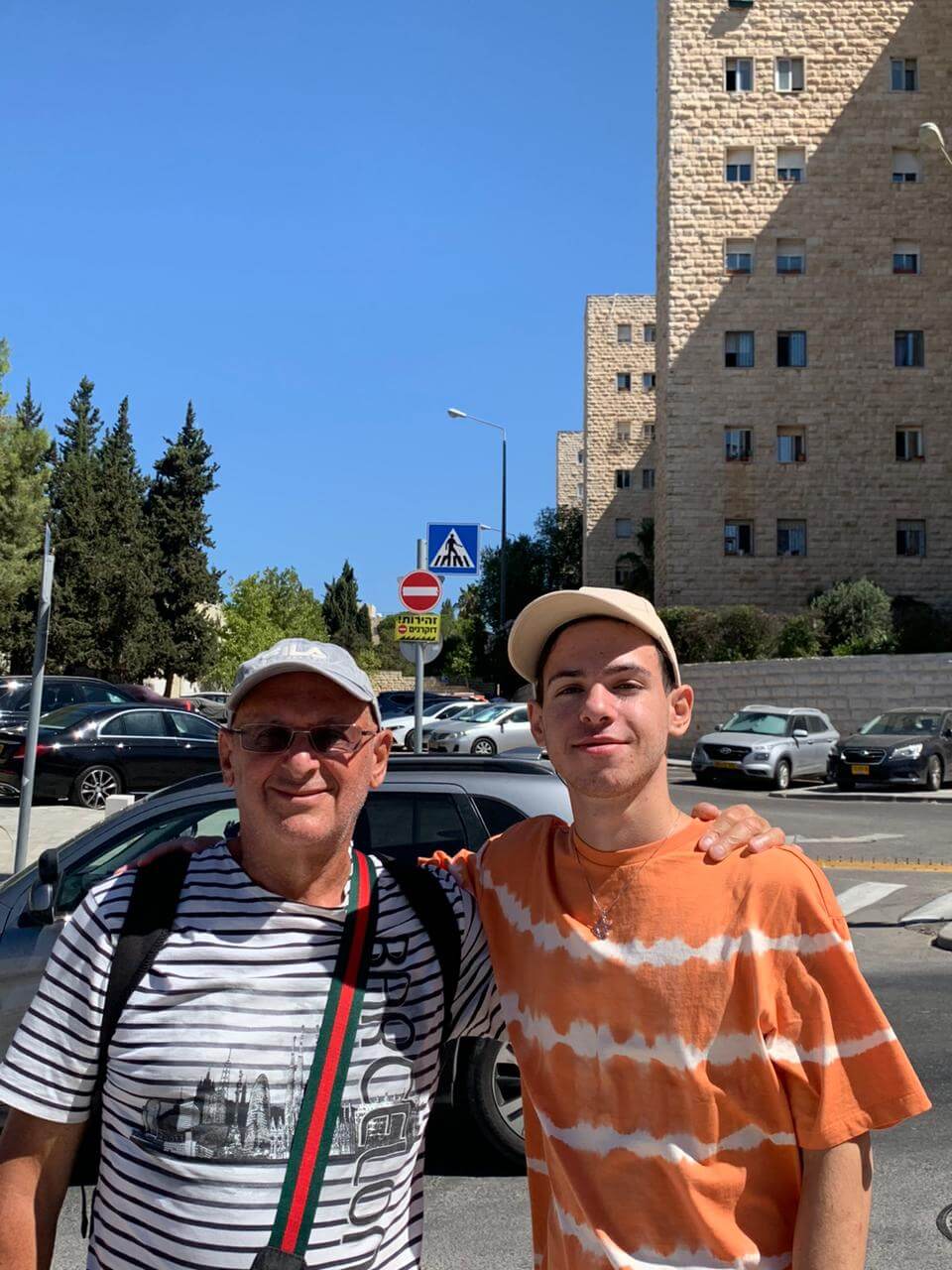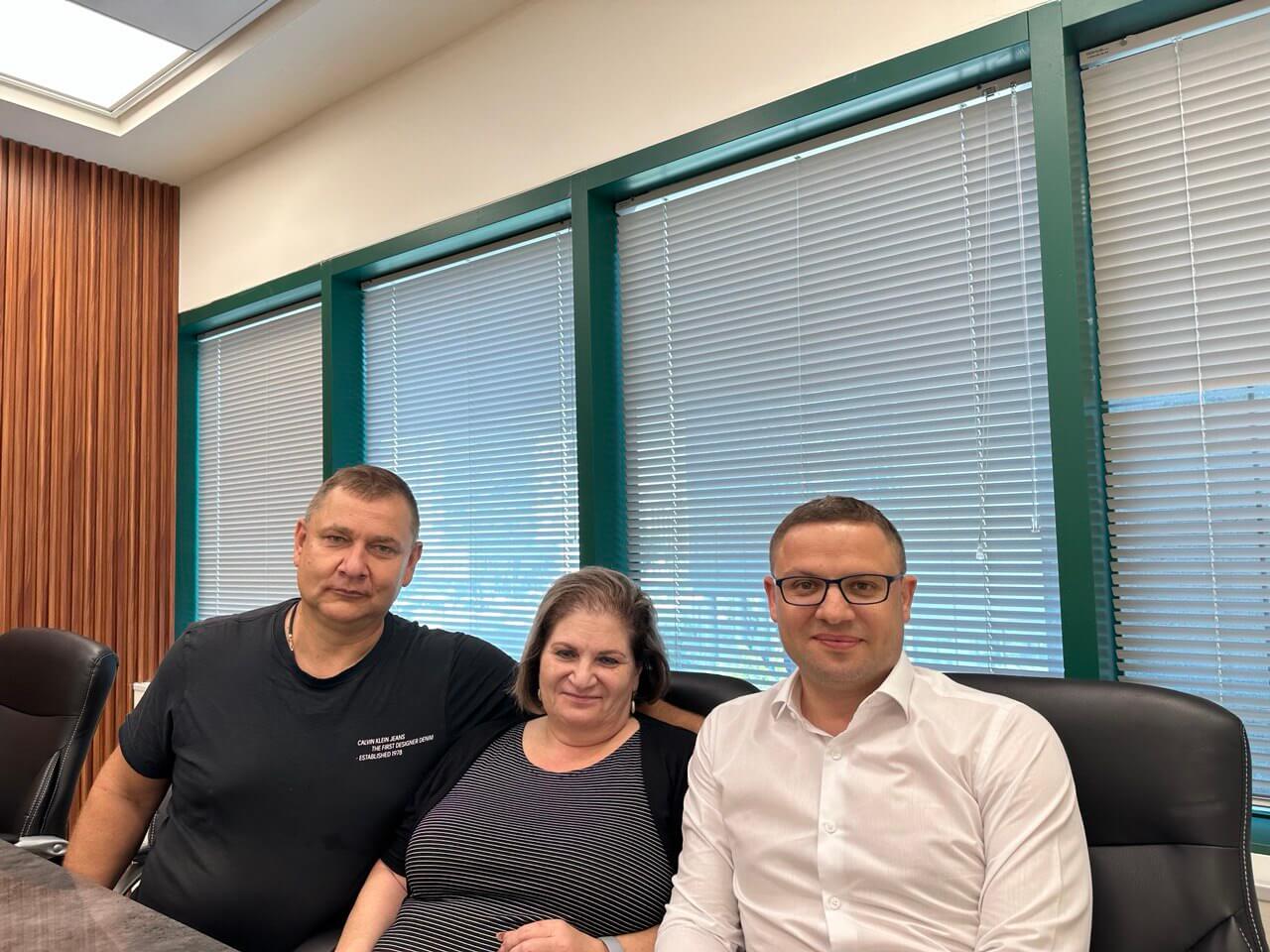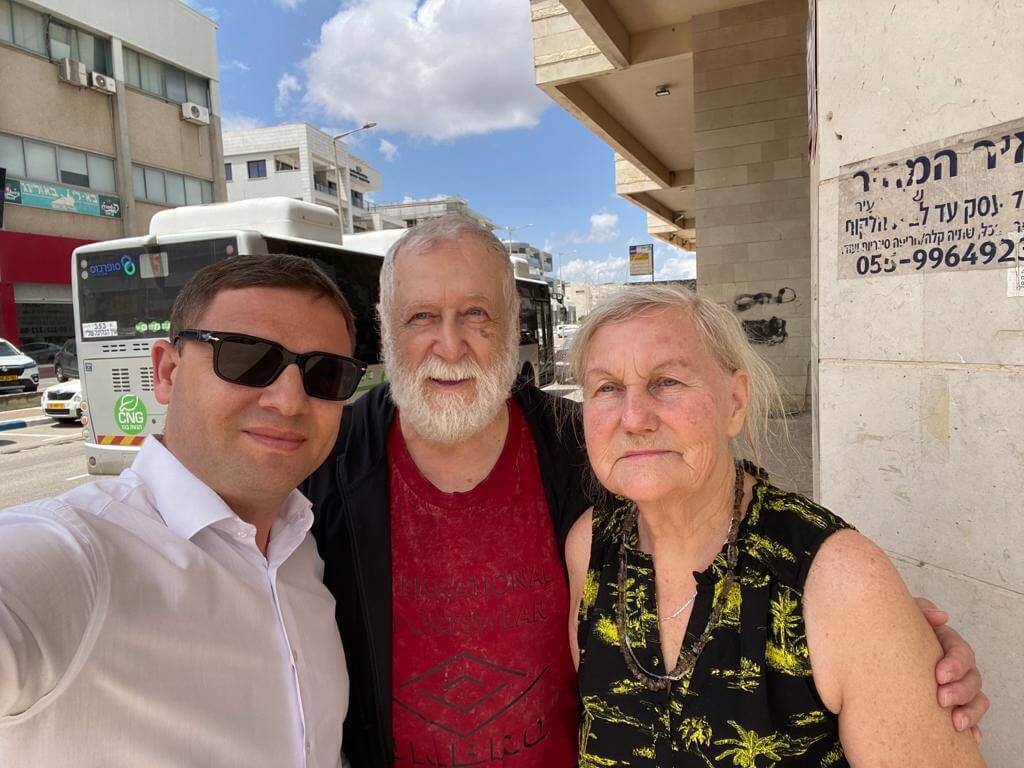Is it possible to bring an elderly single parent to Israel for permanent residence?
The reality surrounding us has completely ceased to obey any understandable rules and forecasts, the planning horizon has been reduced to two or three weeks at best, and the most seemingly unshakable life supports – such as home and place of residence – have turned into complete uncertainty.
Tens of thousands of new repatriates who came to Israel this year were forced not only to leave their native home and radically change their lives but also often to leave their relatives in the country of origin, who do not have the opportunity to repatriate.
The most painful issue is the elderly parents left behind in the ‘former’ homeland, who need care and communication with their loved ones.
For such separated families, there is a Ministry of Interior instruction on the status of an elderly single parent, allowing them to reunite with their family and obtain Israeli citizenship. The instruction describes a set of requirements necessary for family reunification: the elderly single parent reaching a certain age (women – 62 years, men – 64 years), having child who is citizen of Israel, permanently residing in the country, and not having other children outside Israel. If these requirements are fully met, an elderly single parent has every chance to reunite with their children and grandchildren.
We often encounter situations where the elderly parent has other children outside of Israel. Sometimes the connection with them is lost for various reasons. In such a case, the elderly person formally does not have the right to go through the family reunification procedure. Here we face a collision: on the one hand, the Ministry of Interior instruction on the status of an elderly single parent is based on principles of humanity, and the Supreme Court has repeatedly noted that it is intended to help families in difficult humanitarian cases, especially if the elderly parent has other children outside of Israel. On the other hand, precedents in private legal cases do not at all motivate the bureaucratic system to assist in such cases. More often than not, the Ministry of Interior, after reviewing cases where the elderly parent does not fully comply with the original instruction, simply automatically refuses. Sometimes our lawyers have to fight not for life, but to death, to achieve justice and that very humanity towards our clients.
Our law firm’s portfolio includes many complex and difficult processes with a happy ending – the touching reunification of the family. Now, after the war began, every story risks becoming tragic, because often the elderly parent is not just alone but also under real threat to life.
The situation is exacerbated by the monstrous overload of the Israeli Ministry of Interior and other state institutions, which simply cannot cope with the influx of new repatriates and seekers of Israeli citizenship. The announced plans by Israeli politicians to introduce new laws that will clearly be aimed at countering non-Jewish immigration to Israel do not add optimism. There is a real chance that either the instruction itself will undergo changes, or its implementation will become significantly more difficult.
Therefore, we strongly recommend to everyone who has left elderly single parents in the country of origin not to put off the issue of your reunification with them on the back burner.
One would like to believe that we are not yet returning to the past when those leaving for Israel from the countries of the former USSR said goodbye to their loved ones ‘forever’. However, the general global turbulence, the rise of anti-semitism in the country of origin, and, to put it mildly, the ambiguity of the decisions made by Israeli officials, do not leave the right to carelessness. It can turn into a severe test for the family.


